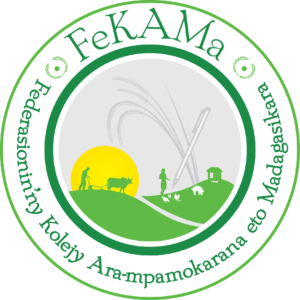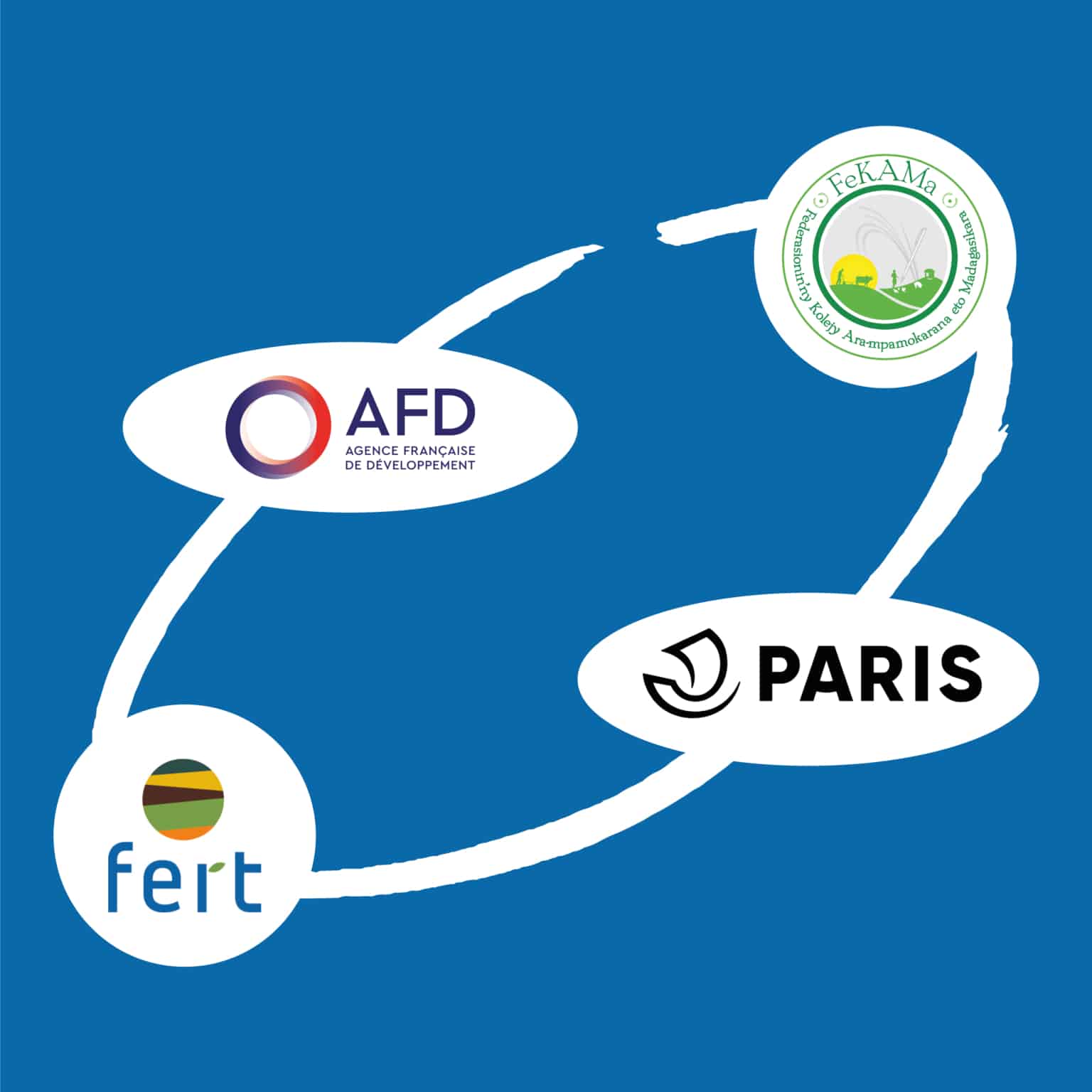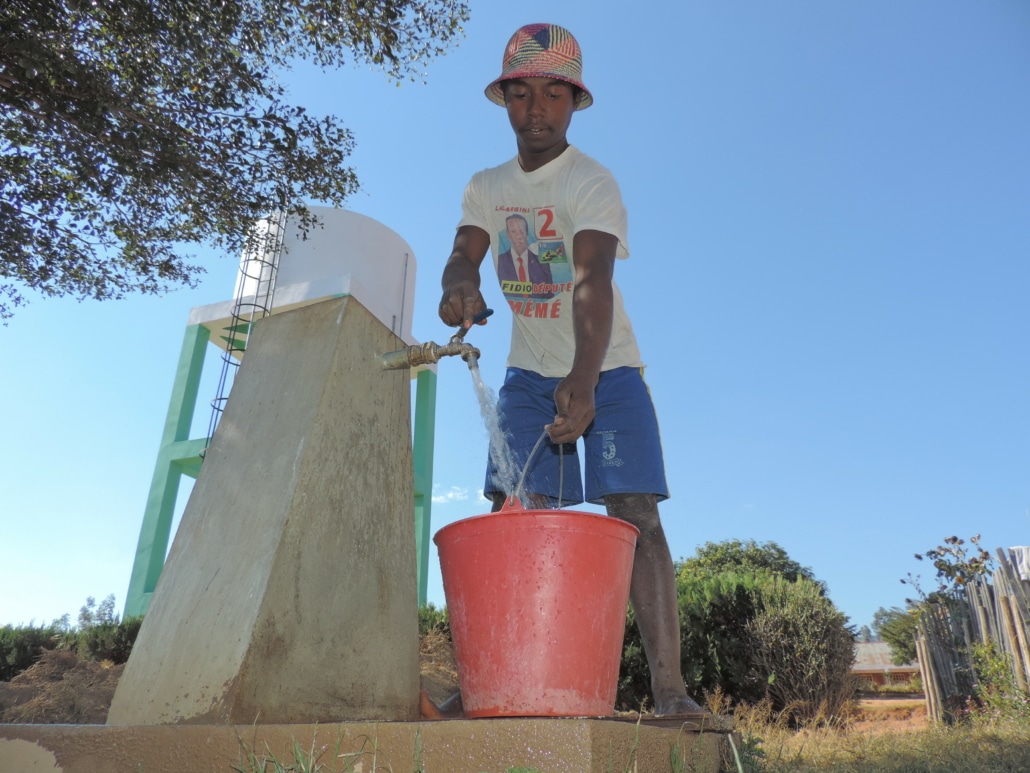Thanks to the support of the City of Paris as part of the Solidae call for projects and the French Development Agency (AFD), the agricultural colleges of Ambalavao and Ambondromisotra each have a new drinking water supply installation since the beginning of 2021. In a context of increasingly difficult climatic conditions, this installation allows them to answer to the water needs of the colleges, even in the dry season.
Fekama
The agricultural colleges of Ambalavao and Ambondromisotra are among the five colleges of the Fekama federation, a member of the Fifata group. Through the establishment of agricultural colleges, Fifata and Fekama aim for family and professional agriculture through the training of young people, daughters and sons of farmers. Fekama’s main mission is to define and implement the general policy of agricultural colleges, to create new ones in other regions as well as to represent and defend the interests of its members at the national level.
Due to the drying up of the source supplying the water network to which it was attached, the college of Ambalavao suffered from a lack of water in the dry season for two years. The situation was similar for the college of Ambondromisotra following the destruction of the dam allowing the filling of the canal where it drew its water.
Financial support from the City of Paris and the French Development Agency made it possible to dig a borehole in the two colleges and install a solar pumping device. New standpipes have been put in place, lightening the load on students for watering market gardening plots. At Ambalavao college, a water tower was built, while at Ambondromisotra, the existing water tower was renovated. The new reception building for short courses, created with the support of the Formaprod program in Ambondromisotra, is also now supplied with water.






